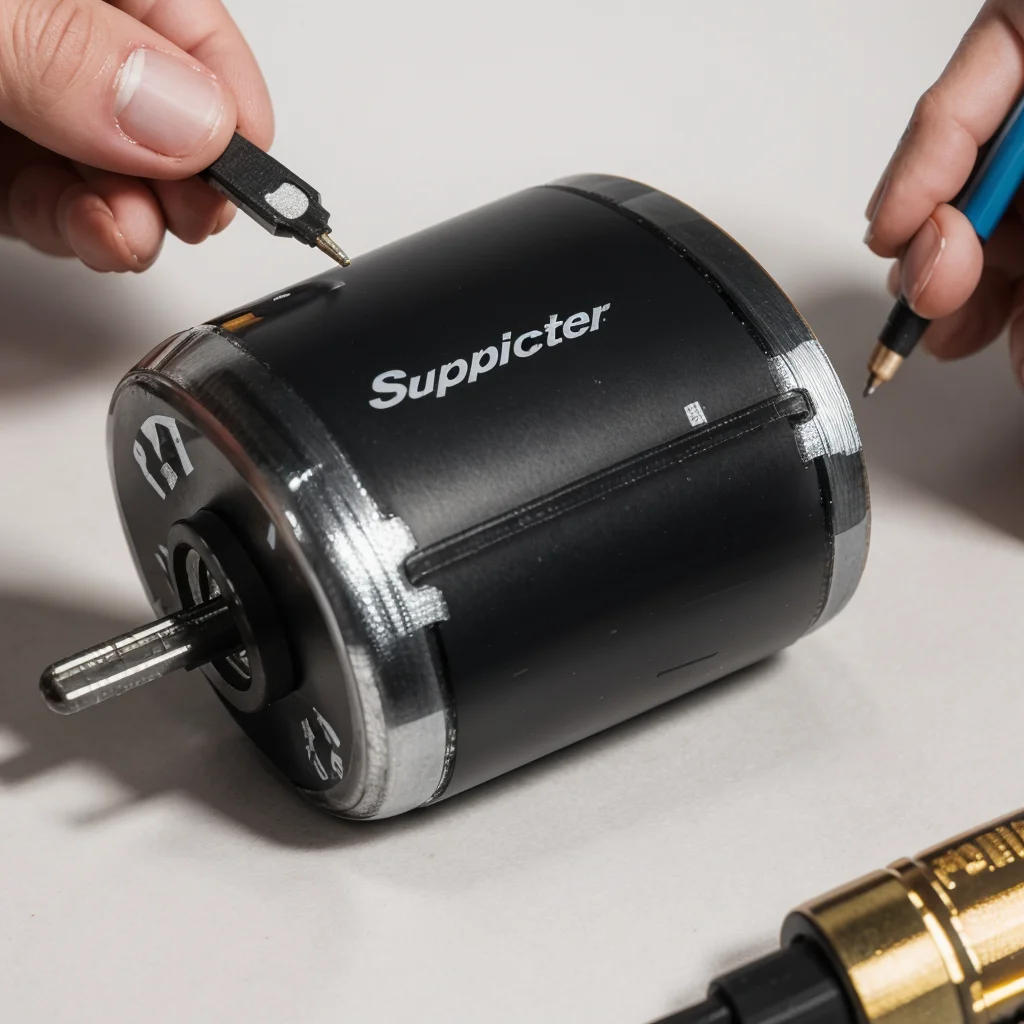Supercapacitors, as a new type of energy storage technology, have gradually entered people’s field of vision. With its unique advantages, it is widely used in many electronic products.
Supercapacitors, also known as electrochemical capacitors or double-layer capacitors, are devices that store energy by polarizing electrolytes. Compared to traditional batteries and capacitors, supercapacitors have advantages such as fast charging, high discharge efficiency, long cycle life, and environmental friendliness.
Although supercapacitors have broad application prospects in the energy field, they still face some challenges and issues in practical applications:
Low Energy Density
Compared to traditional batteries, supercapacitors have lower energy density, which means they store less energy in the same volume or weight. This limits the use of supercapacitors in applications that require long-term and large-scale energy supply.
Insufficient Technological Maturity
Although the technology of supercapacitors is constantly improving, further refinement and optimization are still needed in some key areas of application. For example, in the field of electric vehicles, how to achieve effective collaboration between supercapacitors and main energy storage systems such as lithium-ion batteries is still a problem that requires in-depth research.
Supercapacitors, as a new type of energy storage technology, have broad application prospects in the energy field. However, they still face many challenges and issues that need to be addressed and resolved.
This article is provided by JYH HSU (JEC) Electronics. JEC is a research, development, production, and sales-oriented company specializing in manufacturing and selling various electronic components such as capacitors and resistors.
Post time: Mar-25-2024

